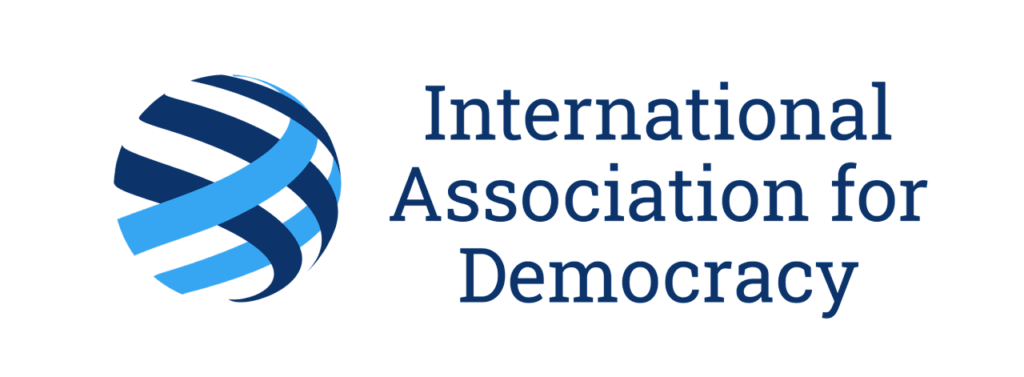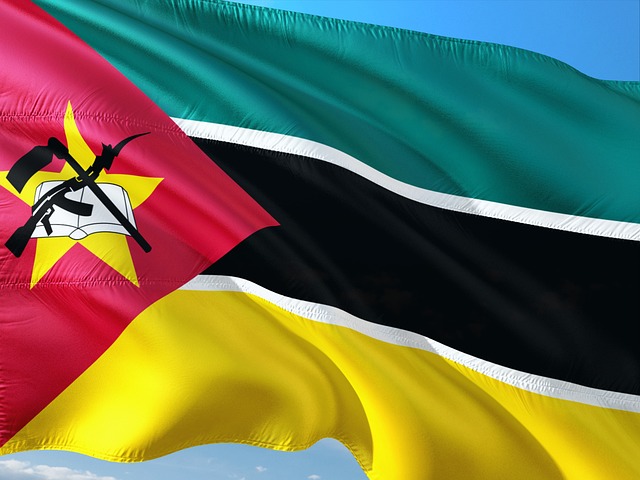Written by Carmona Polá,
Mozambique’s government has long faced criticism for its democratic shortcomings, particularly regarding transparency and accountability. From flawed electoral processes to a lack of open dialogue with citizens, the ruling party has often prioritized consolidating power over fostering trust in democratic institutions. These habits undermine the principles of democracy, leaving citizens disillusioned and raising serious questions about the country’s commitment to upholding the rule of law.
In the wake of Mozambique’s recent elections, allegations of fraud have sparked protests across the country. Instead of addressing citizens’ concerns transparently, the government responded by cutting internet access. This move silenced dissent, disrupted communication, and denied people their right to organize and access information. In a time when digital platforms are critical for holding power accountable, such restrictions are not just a technical issue—they are a direct assault on democracy itself.
The Internet is essential for modern democratic engagement. It serves as a safe space for citizens to express themselves freely and advocate for better policies and services. For countries like Mozambique where the physical civic space is shrinking and/or suppressed, the internet plays a pivotal role in exercising citizenship. Hence, restricting it during such a critical time is not just a technical measure, it’s a direct attack on freedom of speech and transparency. Citizens depend on online platforms to share evidence, connect with others, organize peaceful protests, and report abuses. When this lifeline is severed, the government controls the narrative, leaving no room for dierent perspectives to emerge.
The Mozambique government’s actions set a dangerous precedent, eroding trust in institutions and isolating its citizens from the global community. Democracy cannot thrive in the dark. The internet is more than a tool; it is a platform for freedom. The United Nations
has repeatedly armed that internet access is critical for democratic participation, especially during elections. By shutting it down, Mozambique’s government has signaled a troubling disregard for these principles.
This is not the first time governments have used internet blackouts to suppress dissent. From Myanmar to Sudan, such tactics have become a hallmark of authoritarian regimes. Furthermore, a similar tactic was also employed by France, a consolidated democratic nation, earlier this year when the government blocked TikTok in its overseas territory – New Caledonia – to stop civil unrest. These actions not only violate fundamental freedoms, including the right to information and free expression but also represent a worrying trend and a serious threat to the online civic space.
For a week, Mozambicans were left in the dark—unable to organize or speak out. This blackout has further eroded trust in already fragile democratic institutions. The restoration of internet access, while welcome, is not enough. The government must explain its actions, commit to protecting digital rights, and ensure that such a blackout never happens again. The government should refrain from weaponizing the internet against its own people.
Democracy cannot function without transparency. Silencing citizens, whether through violence or digital censorship, only highlights the government’s failure to address the root causes of unrest. Mozambique’s leaders must understand that restoring trust requires more than restoring the internet—it requires a genuine commitment to upholding the principles of justice, accountability, and the rule of law. The events of the past few weeks are a reminder that democracy is fragile and must be defended. Mozambique’s future depends on ensuring that no citizen is left voiceless, online or oine, in the face of injustice. The internet may be back, but the fight for a transparent and accountable democracy continues.
Press Contact
Carmona Polá, Public Relations Officer at the International Association for Democracy (IAD) Mail: info@iad.ngo


